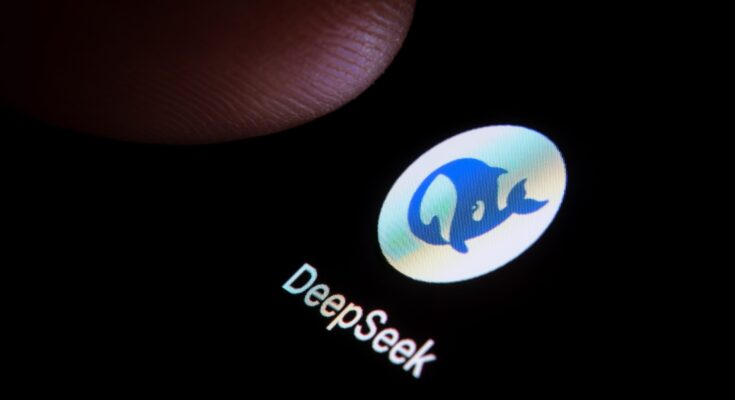TLDRs:
- Germany declares DeepSeek illegal, citing user data risks under Chinese law.
- Apple and Google face pressure under EU’s Digital Services Act to remove the app.
- DeepSeek’s open-source nature complicates enforcement even if app stores comply.
- The case highlights growing AI tensions between China and the European Union.
Germany’s privacy regulator has sounded the alarm over DeepSeek, a Chinese AI-powered app, declaring it illegal under European Union data laws and demanding that Apple and Google take action.
The Berlin data protection agency issued formal warnings to the two tech giants, urging them to either remove the app from their respective German stores or enforce immediate changes to how DeepSeek handles user data. The warnings stem from ongoing concerns about data transfers to China and the lack of enforceable protections for European users once that data leaves EU jurisdiction.
EU puts Pressure on P[latform Gatekeepers
The warning is among the first high-profile tests of the European Union’s Digital Services Act, which places greater responsibility on large digital platforms to regulate the content and services they distribute.
Under the DSA, companies like Apple and Google are treated as gatekeepers and are required to remove illegal content or services from their platforms once notified. In this case, Berlin’s commissioner for data protection, Meike Kamp, emphasized that DeepSeek users are effectively unprotected under Chinese law.
“DeepSeek has not been able to convincingly demonstrate to my authority that the data of German users is protected in China at a level equivalent to that of the European Union.” Said Kamp. “Chinese authorities have extensive access rights to personal data within the sphere of influence of Chinese companies.”
According to Kamp, users have no legal recourse regarding how their data is used or shared, a direct violation of the standards the DSA is designed to uphold.
Geopolitical Tensions over AI Spill into the App Store
The regulatory flare-up comes amid rising global competition in artificial intelligence. DeepSeek, which launched its R1 model in early 2025, has quickly gained ground, reaching over 10 million users and positioning itself as one of the most formidable challengers to Western dominance in AI development.
The model’s performance has drawn attention for rivaling leading Western AI systems while requiring just a fraction of their training costs. However, its rapid ascent has also amplified scrutiny over the company’s handling of data and its ties to China’s broader AI infrastructure. With no clear legal pathway for EU citizens to challenge how their information is treated, authorities are increasingly viewing regulatory enforcement as a matter of both privacy and national interest.

App Stores face Dilemma over Enforcement and Access
Despite Germany’s firm stance, enforcement remains complicated. Kamp acknowledged that while fines could theoretically be imposed on DeepSeek, pursuing penalties in China would be difficult, if not impossible. Instead, the strategy has shifted toward influencing the distribution channels controlled by Apple and Google.
Notably, if they refuse to act, they could face regulatory consequences themselves, including fines of up to six percent of their global annual turnover under the DSA.
Open-source Model muddies Regulatory Waters
Adding complexity to the situation is DeepSeek’s open-source nature. Unlike traditional centralized apps, DeepSeek allows developers to freely modify and deploy versions of its AI models, potentially bypassing official app store controls. While regulators can pressure platforms to remove the primary app, the technology behind it can still propagate across independent developer communities.
That reality presents a growing challenge for European regulators, who are tasked with enforcing rules that were designed in an era of more contained digital services.
Source link

